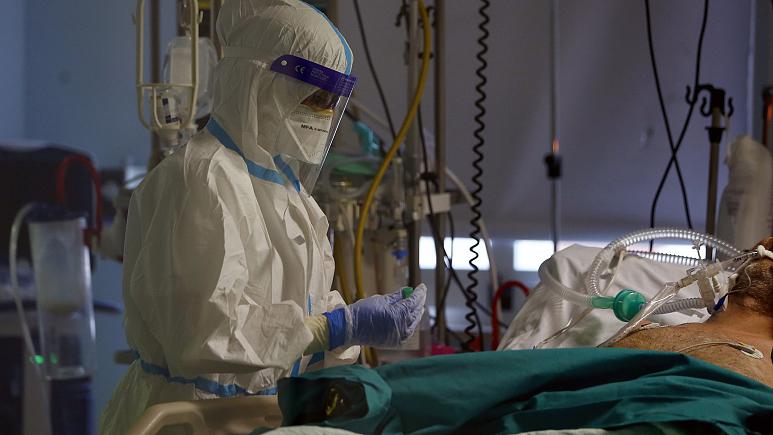Coronavirus Pandamic: EU offers ‘sincere apology’ to Italy

BBCThe EU Commission president has offered a “heartfelt apology” to Italy for not helping at the start of its deadly coronavirus outbreak.
Ursula von der Leyen told the EU parliament that “too many were not there… when Italy needed”.
Many Italians have criticised the EU’s response to the pandemic, and say the bloc did not do enough to help.
The country has recorded more than 21,000 deaths from the virus, the highest toll in Europe.
Italy’s Foreign Minister Luigi Di Maio has welcomed Ms von der Leyen’s comments, calling them “an important act of truth”.
Last week Prime Minister Giuseppe Conte told the BBC the EU could fail if it did not find a way to respond to the virus, saying the bloc must rise to meet the challenge of “the biggest test since the Second World War”.
What did the Commission president say?
Speaking at a mostly-empty session of the European Parliament in Brussels, Ms von der Leyen said you could not beat a pandemic “without the truth” – about science but also “about our own actions”.
“Yes it is true that no one was really ready for this. It is also true that too many were not there on time when Italy needed a helping hand at the very beginning,” she said. “For that, it is right that Europe as a whole offers a heartfelt apology.”
The commission president added that sorry “only counts for something if it changes behaviour.”
“The truth is that now Europe has now become the true beating heart of solidarity. The true Europe is now standing up.”
Responding on Facebook, Mr Di Maio said her statement was “good for Europe and for our community”.
“Now the European Union has the courage to defend and protect all peoples,” he wrote, adding that “Defending Italy we also defend the integrity of the EU”.
Last week EU finance ministers agreed to a €500 billion stimulus package for European countries hit hard by the outbreak.
Italy’s Prime Minister Mr Conte has said he will not agree to the deal unless it includes a way to share debt among members – something northern EU members like the Netherlands and Germany staunchly oppose.
This is a significant acknowledgement from the most powerful person in Brussels. A formal recognition that in the panic of the moment when Italy most needed help, the famed EU “spirit of solidarity” did not show itself.
It was a difficult moment for Ursula von der Leyen to raise. She is a leader who has shown great care in past weeks to avoid internal conflict and who has championed pragmatism and hope. But it seems an underlying rancour is still felt by Italians and others who feel there were too few good Samaritans when it counted – and it counted in early March, when Italy was the only country that had enforced a lockdown.
Prime Minister Guiseppe Conte urgently requested medical equipment for hospital staff such as gloves and clothing as well as ventilators and testing kits, but it took several days before there was a response from any European government.
The actions of Germany, France and the Czech Republic in particular caused unease, when they decided to block exports of emergency equipment to neighbours in need, until they had finished counting up what stocks they had. Even the usually conciliatory Belgian Health Minister Maggie De Block stated that it seemed “deeply against the the idea of a united Europe and fundamentally against the spirit of solidarity”.

